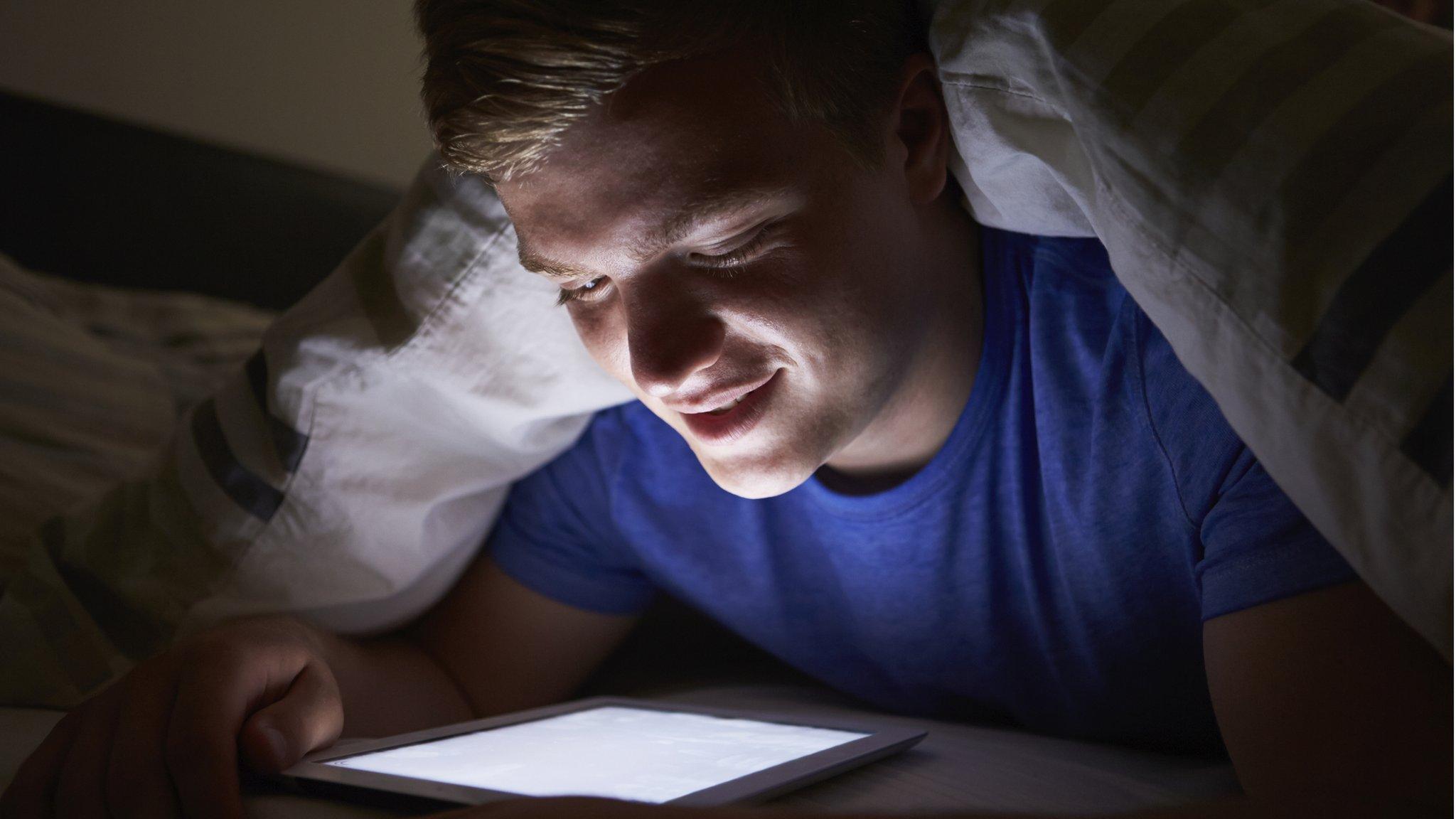Praise for 'sleep-protecting' phones
- Published
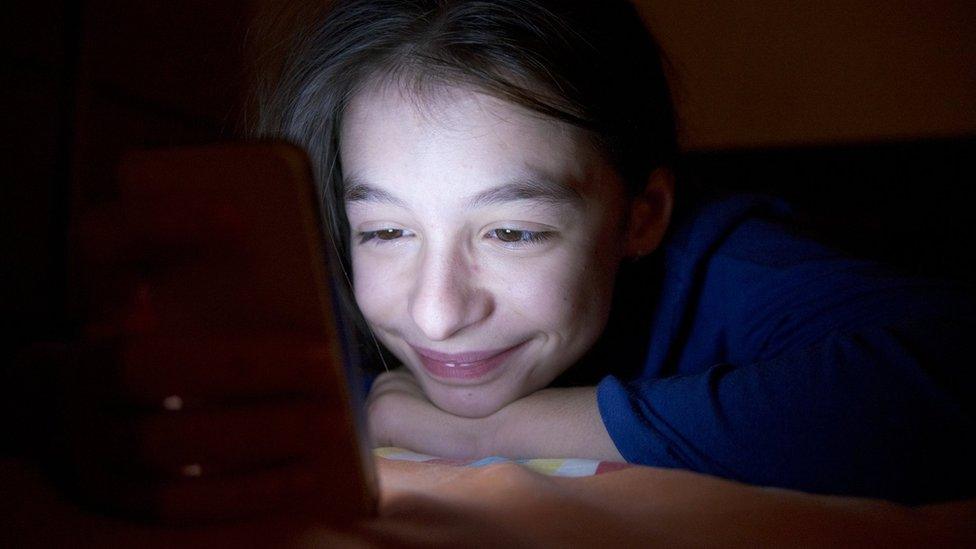
Bedtime light affects sleep hormones and delays sleep
Moves by smartphone and tablet manufacturers to make their devices less damaging to sleep have been praised by a leading doctor.
Prof Paul Gringras had accused tech giants of being irresponsible as their products made large amounts of bright, blue-spectrum light that damages the body's ability to sleep.
Both Apple and Amazon have recently announced plans to tackle the issue.
Prof Gringras said the move was fantastic, if well overdue.
As it gets darker in the evening, the body starts to produce the sleep hormone melatonin.
Wavelengths of light at the blue-green end of the spectrum can stop melatonin being produced, making it harder to nod off.
But Prof Gringras' work, published in Frontiers in Public Health, external, showed there was a clear trend for each new generation of tablet and smartphone to be bigger, brighter and emit more blue light.
Other studies show being exposed to this light at night is making people take longer to fall asleep, have less deep sleep and be more tired the next morning.
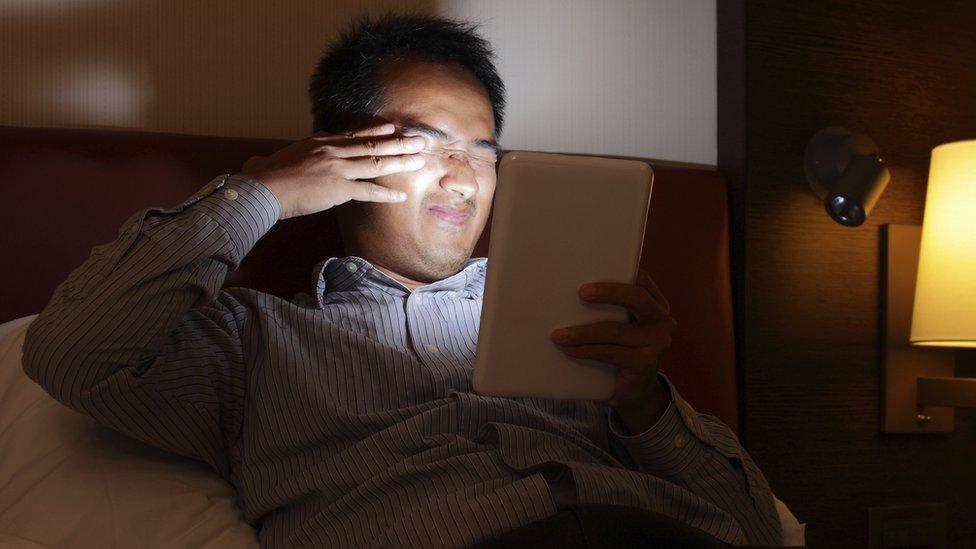
The professor of sleep medicine told the BBC News website: "I think the industry has deliberately avoided passing any comment or even acknowledging the evidence and research until very recently.
"I think industry has been very worried about affecting sales and the use of their devices."
He was contacted by some manufacturers after his work was published and said: "I wonder if it was fear over could anybody sue them?"
Apple has since announced, external its next iOS update will include a "Night Shift" mode that "may even help you get a good night's sleep".
It will use the time and where you are in the world to alter the colour of the display to remove blue light in the evenings.
Meanwhile Amazon has acknowledged, external that "evening exposure to blue light from tablets may suppress our bodies' production of melatonin, which can prolong the time it takes to fall asleep, delay REM sleep, and reduce the level of alertness the next morning".
So it is introducing "Blue Shade" to its Fire tablet range.
Prof Gringras, from the Evelina Children's Hospital in London, told the BBC: "I'd like to think we're part of the tipping point.
"This will have a small impact, but on a unbelievably huge number of people, by baking it into the devices it will become part of the way they are used.
"It's an incredibly welcome move, it's fantastic, although it's late it is to be applauded and it will become a natural way for people to use tablets."
Some apps, such as f.lux, external, are already available on Android.
When the devices are switched into a "sleep-safe" mode then the screen takes on a red-orange hue.
"Of course blue light becomes insignificant when you're setting an alarm at 0200 to see what social media messages have popped up during the night.
"That's a tricky problem and not in the grasp of the manufacturers," Prof Gringras concludes.
Follow James on Twitter., external
- Published15 November 2015
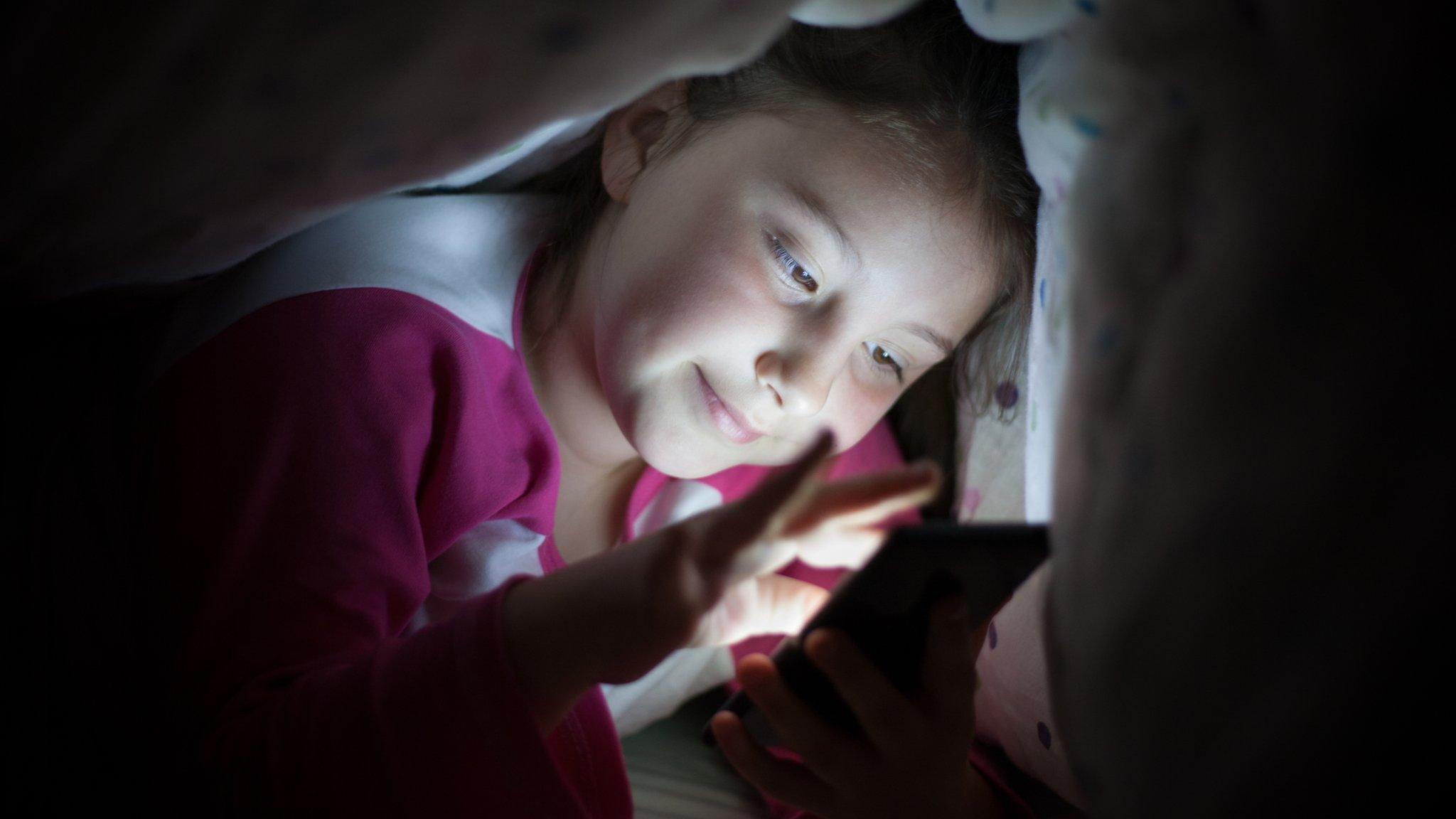
- Published12 May 2014
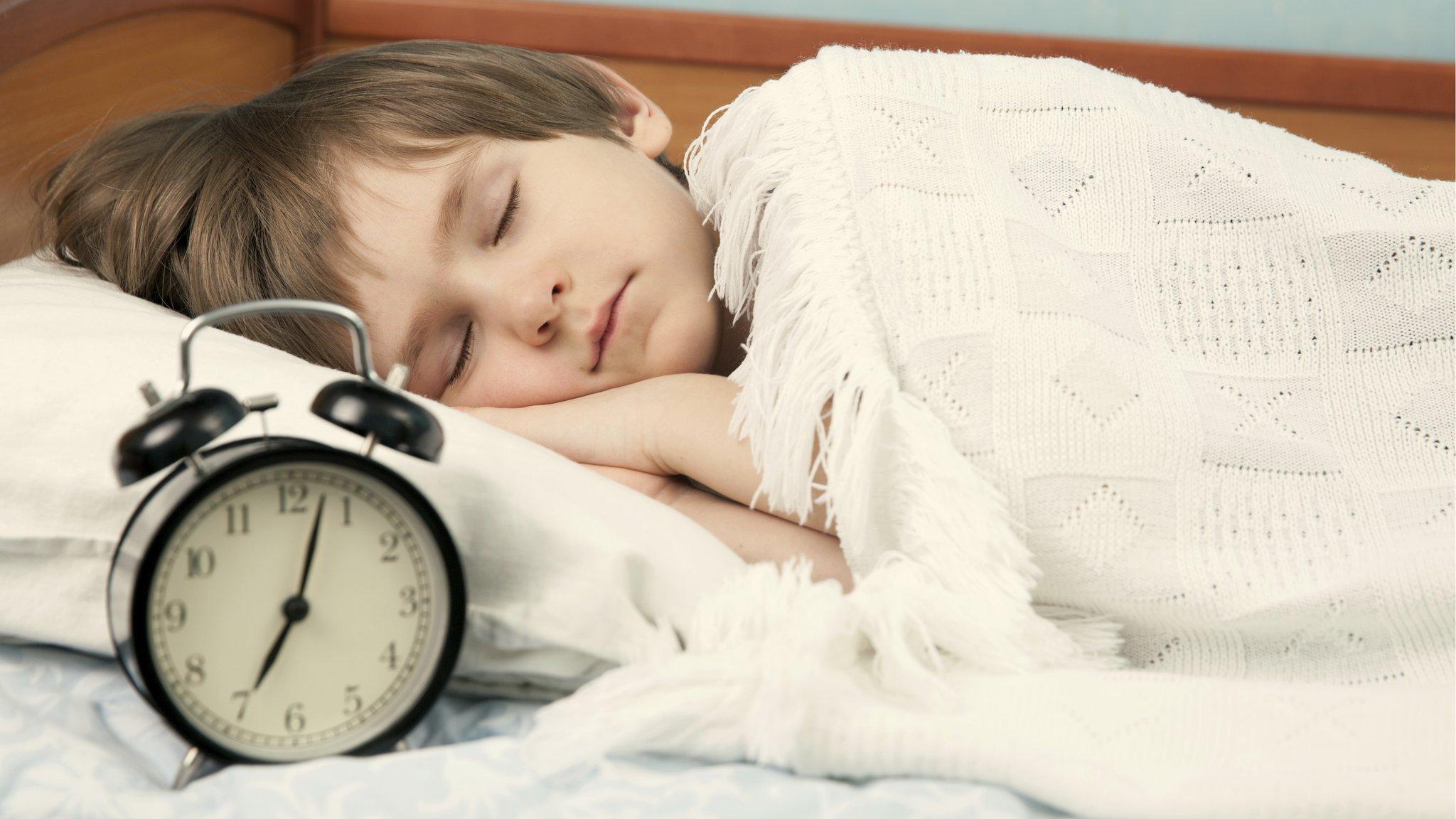
- Published12 May 2014
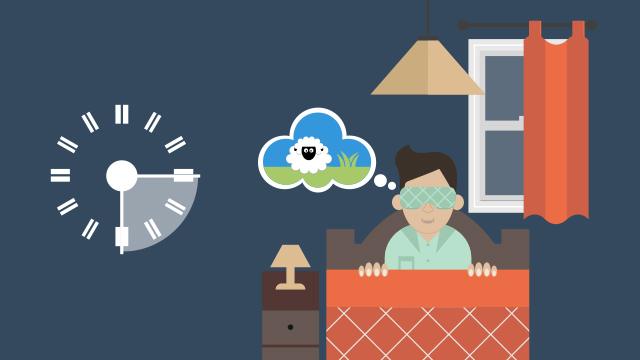
- Published23 December 2014
